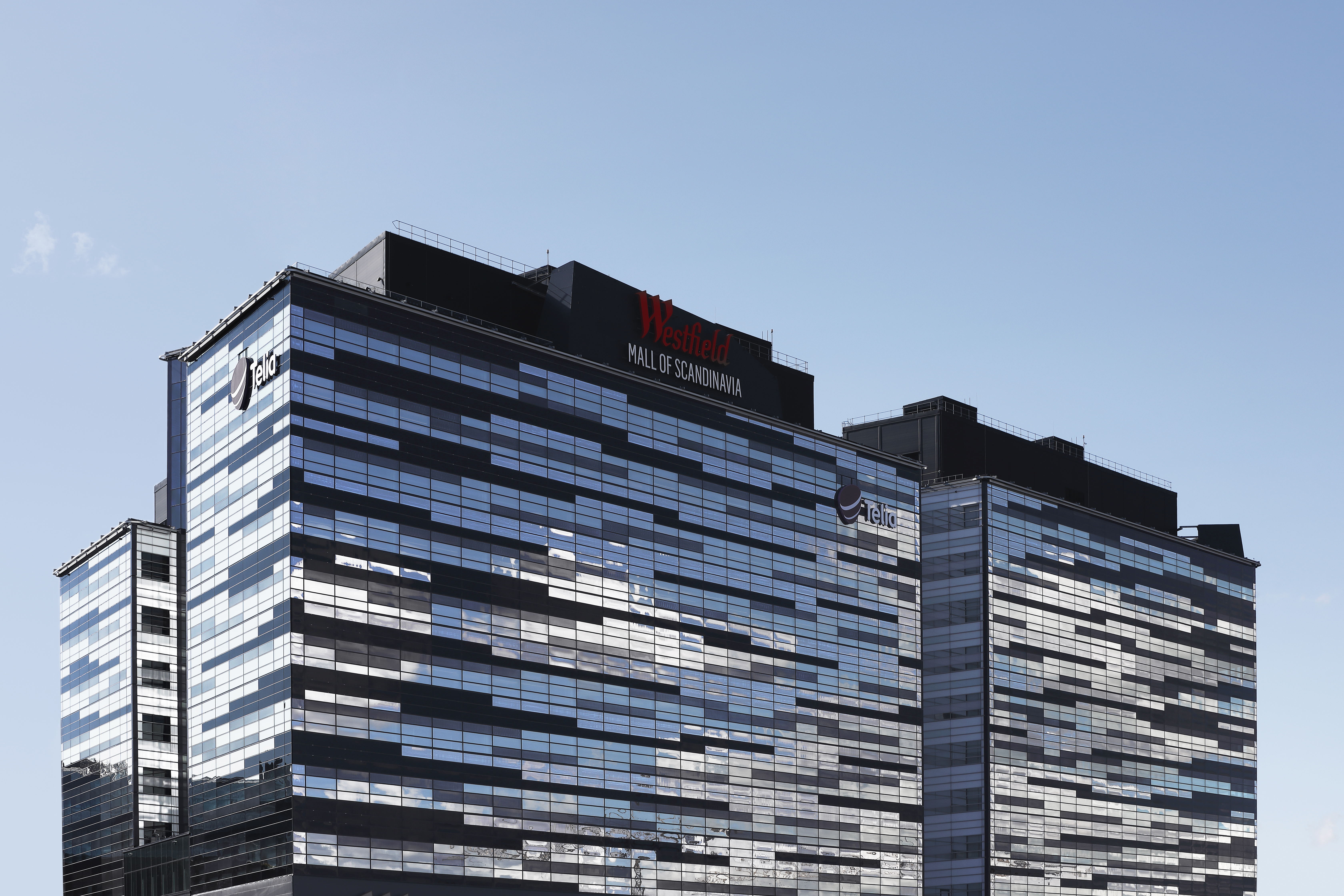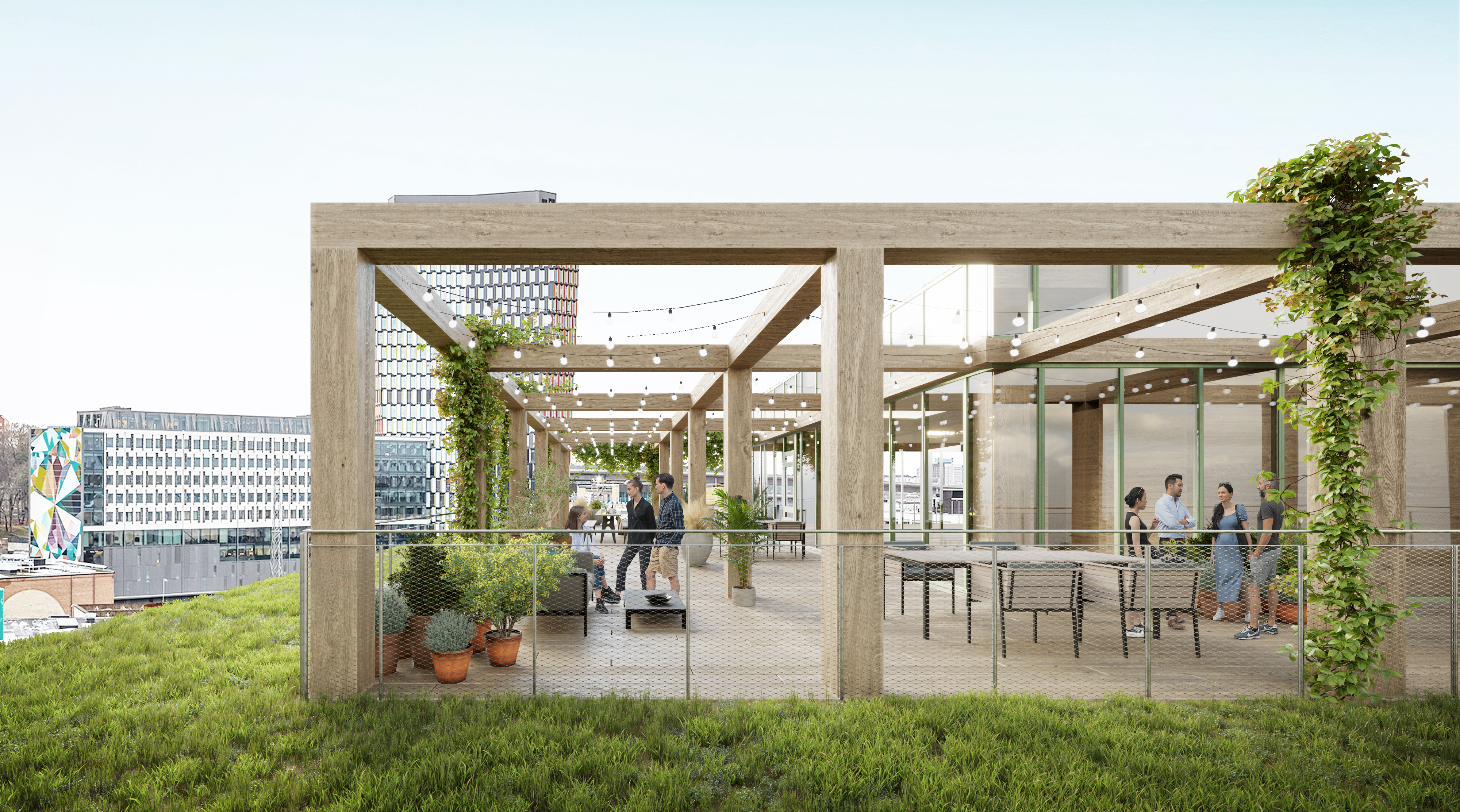What makes us happy at work
According to Magnus Svartengren’s research, the things that make us happy at work are a fair allocation of tasks, open communication and a good relationship with our manager. These are the most important factors when establishing a healthy work environment:
- Clear leadership. There has to be a clear leadership structure in place. All managers need to understand their role and their responsibility for the work environment, both physical and social, so they can support employees in the right way.
- Participation. All employees need to feel part of the team.
- Good communication. Employees feel that they receive the information they need, when they need it, and be confident about bringing up sensitive issues.
- Knowledge about health. That the organisation has knowledge about work environment and how to prevent ill-health.
Organisational justice is the key
But there is one point that really sets long-term healthy workplaces apart: organisational justice. It means that resources are allocated fairly, that the employee in question gets to participate in decisions and that the manager treats their staff with respect and decency.
“Research reveals that organisational justice in particular – how we treat one another – can be more important than a high salary, titles or benefits when it comes to health,” says Magnus Svartengren.
“A happy workplace features a healthy balance between requirements, capacity and support. Basically this means that the demands of the job match the employee’s capacity and they have access to support in the form of resources, such as clear structures and responsive managers.”



